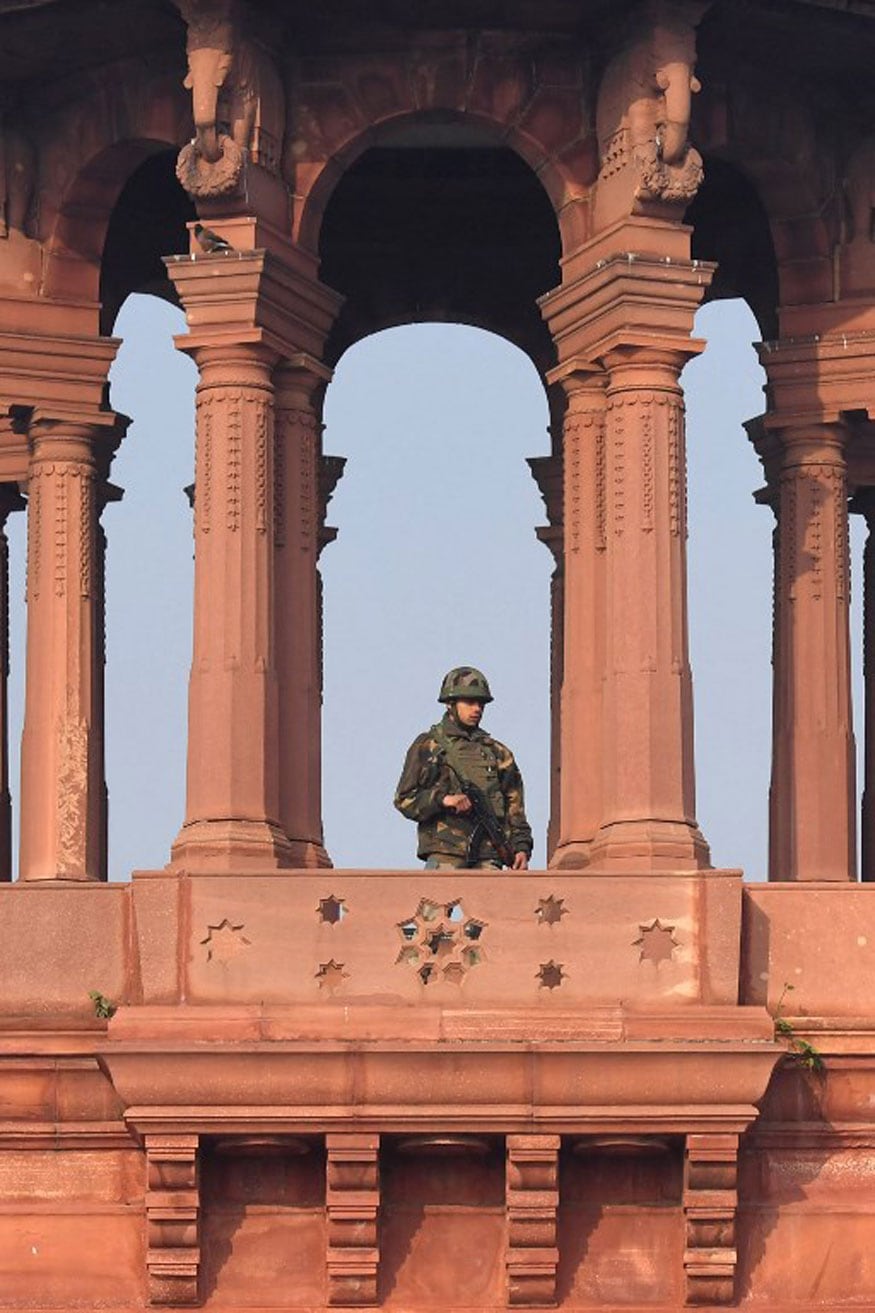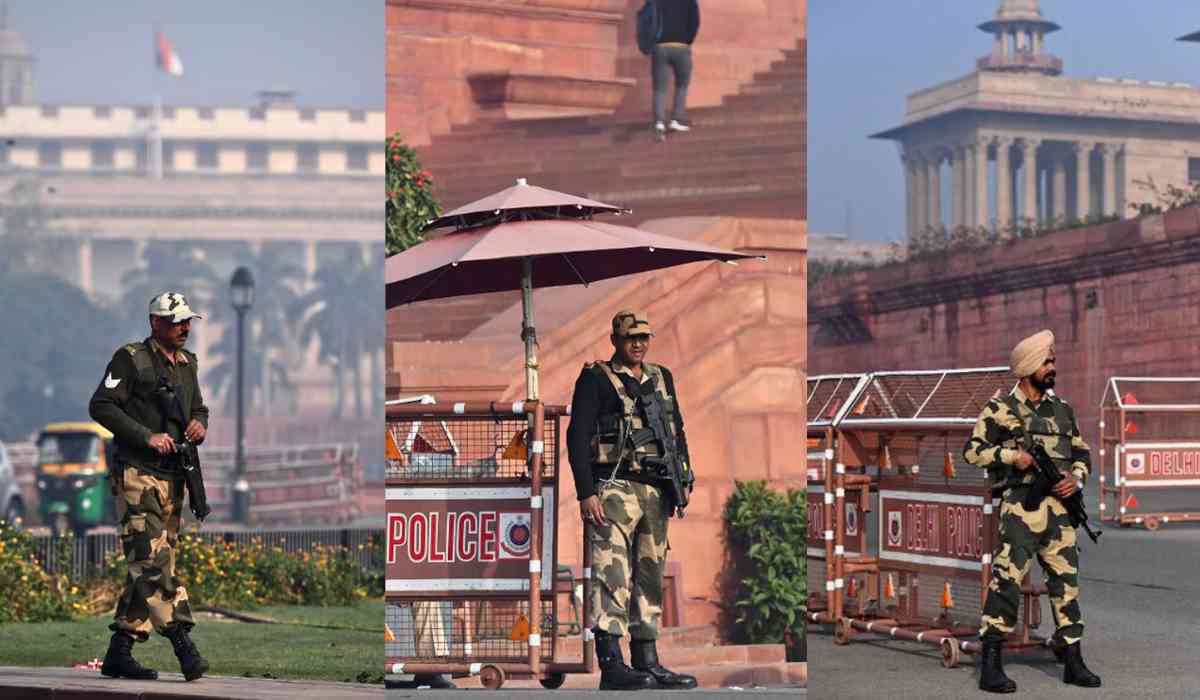New Delhi – The capital city of India is on high alert after Indian air defence systems shot down multiple Pakistani fighter jets, marking a dramatic escalation in the ongoing tensions between the two nuclear-armed neighbours. The incident, which unfolded late Thursday, comes amid a series of cross-border attacks and retaliatory strikes that have gripped the region in uncertainty and fear.
What Happened?

According to official and media reports, Indian air defence forces intercepted and shot down at least two Pakistani fighter jets in the Pathankot sector, close to the India-Pakistan border. The jets were reportedly part of a larger Pakistani operation targeting Indian military installations using drones, missiles, and aircraft. India responded swiftly, deploying advanced anti-aircraft and anti-drone systems to neutralize the threat.
The Indian response was part of “Operation Sindoor,” a counterterror operation launched in the wake of a deadly attack in Pahalgam, Kashmir, which claimed 26 lives and was allegedly backed by Pakistani forces. In retaliation, India targeted several locations in Pakistan, including Lahore, Sialkot, and Rawalpindi, aiming at what it described as terrorist infrastructure.
How Did It Start?

The recent escalation began after a terror attack in the tourist town of Pahalgam, Indian-administered Kashmir, on April 22. India blamed Pakistan for supporting the militants involved, a charge Pakistan has denied. In response, India launched missile strikes into Pakistan-controlled territory, targeting what it called terrorist camps. Pakistan, however, claimed these strikes hit civilian areas, resulting in multiple casualties.

Following these events, both countries have engaged in tit-for-tat military actions, including artillery shelling, drone attacks, and airspace violations. Diplomatic relations have deteriorated rapidly, with both sides expelling diplomats, suspending visas, and closing border crossings.
The Current Situation in New Delhi
With the downing of Pakistani jets, New Delhi and other major Indian cities have been placed on high alert. Security has been tightened at airports, railway stations, and government buildings. Residents have been advised to remain vigilant, and emergency services are on standby for any further developments.

Airspace over parts of northern India has been restricted, and commercial flights have been rerouted or suspended, particularly in and out of Srinagar, the largest city in Indian-administered Kashmir. The Indian government has also urged its citizens to avoid travel to Pakistan and called for those already in the country to return home.
Indian officials argue that their military actions are a direct response to continued cross-border terrorism and attacks on Indian soil. They emphasize that the strikes are targeted, measured, and aimed only at terrorist infrastructure, not civilians. The government has stated that it is fully prepared to defend the nation and prevent further attacks. Pakistan, on the other hand, has condemned the Indian strikes as acts of aggression and has vowed to retaliate “at a time, place, and manner of its choosing”. Pakistani officials maintain that they are not seeking war but will respond if provoked. Both countries have called for restraint but continue to assert their right to defend themselves.
The Risks and What’s at Stake
The current standoff is one of the most serious in recent years, raising concerns among international observers about the risk of a wider conflict. Both India and Pakistan possess nuclear weapons, and any further escalation could have devastating consequences for the region and beyond.

Global leaders and organizations, including the United Nations, have urged both sides to exercise restraint and return to dialogue. The situation remains extremely volatile, with misinformation and nationalistic rhetoric further complicating efforts to de-escalate tensions.
What Happens Next?
At this point, both India and Pakistan appear determined to defend their respective positions while keeping the option of further escalation on the table. The coming days will be critical in determining whether the situation can be contained or if it will spiral into a broader conflict.

For now, residents in New Delhi and across the region are bracing for uncertainty, hoping that cooler heads will prevail and that peace will return to the subcontinent. The shooting down of Pakistani fighter jets by Indian air defence has pushed New Delhi onto high alert and marks a significant escalation in India-Pakistan tensions. Both sides blame each other for the violence, and the risk of further conflict remains high. The world watches closely, hoping for restraint and a peaceful resolution to this dangerous standoff.
With inputs from agencies
Image Source: Multiple agencies
© Copyright 2025. All Rights Reserved Powered by Vygr Media.

























